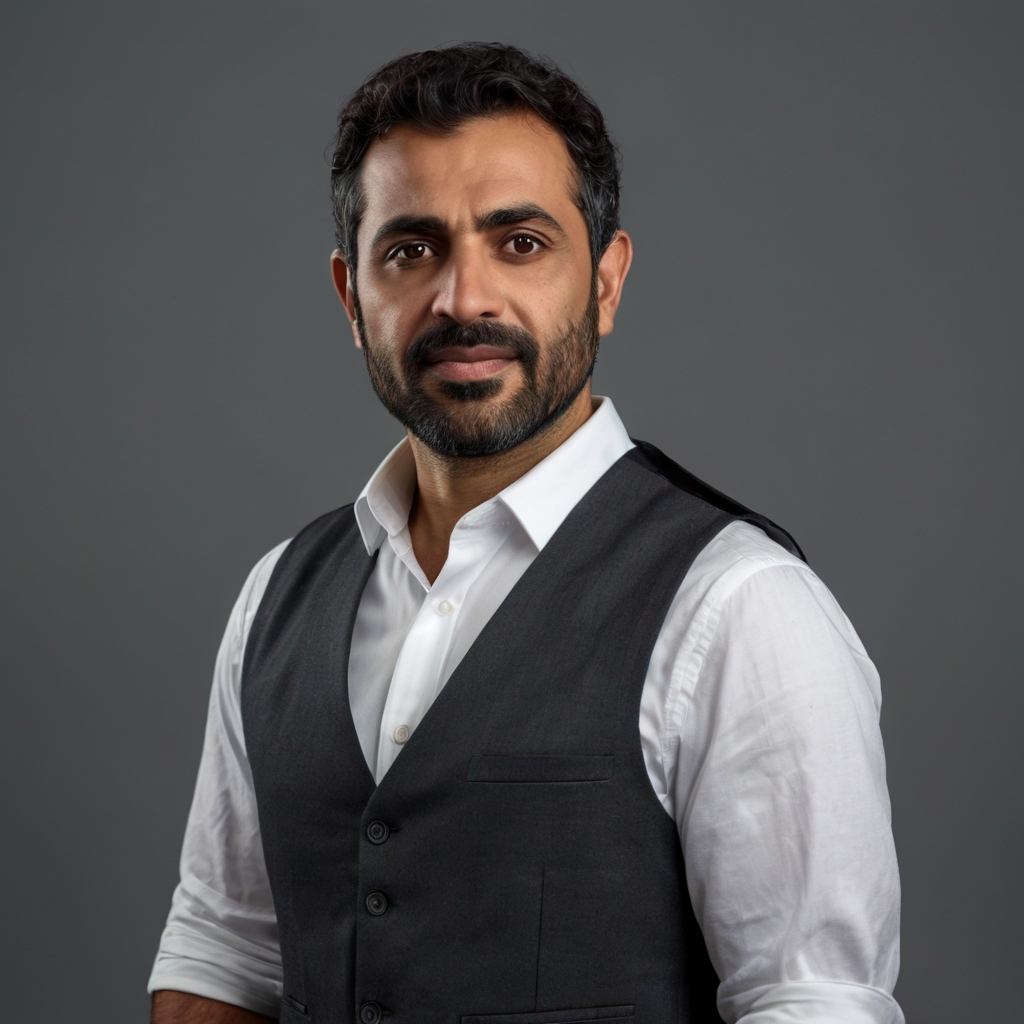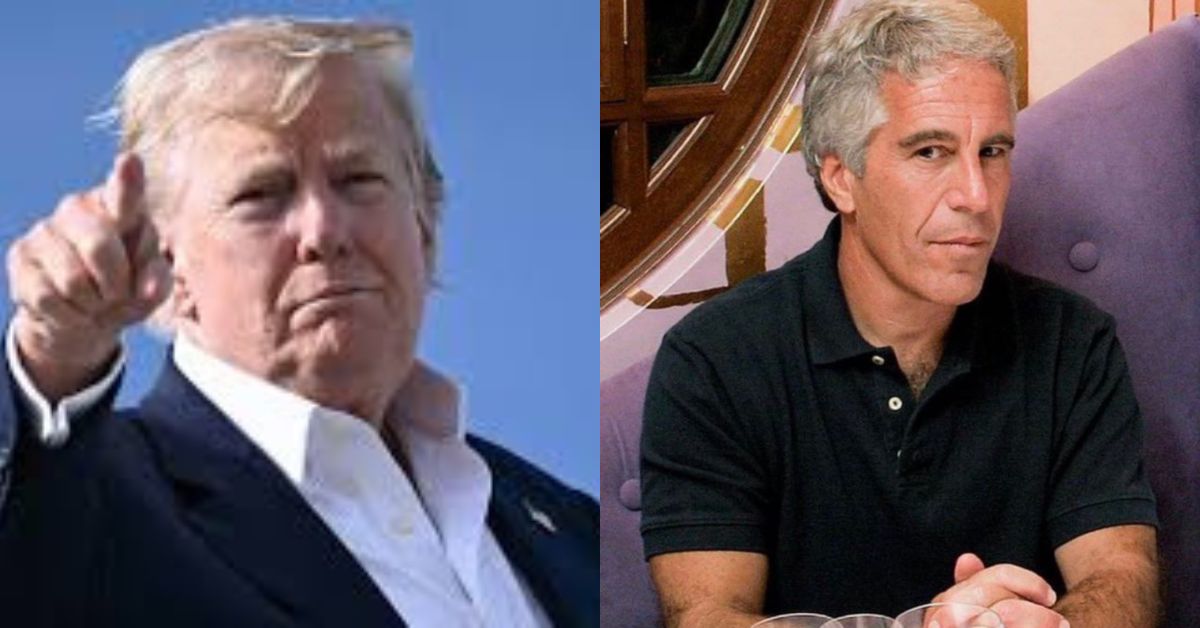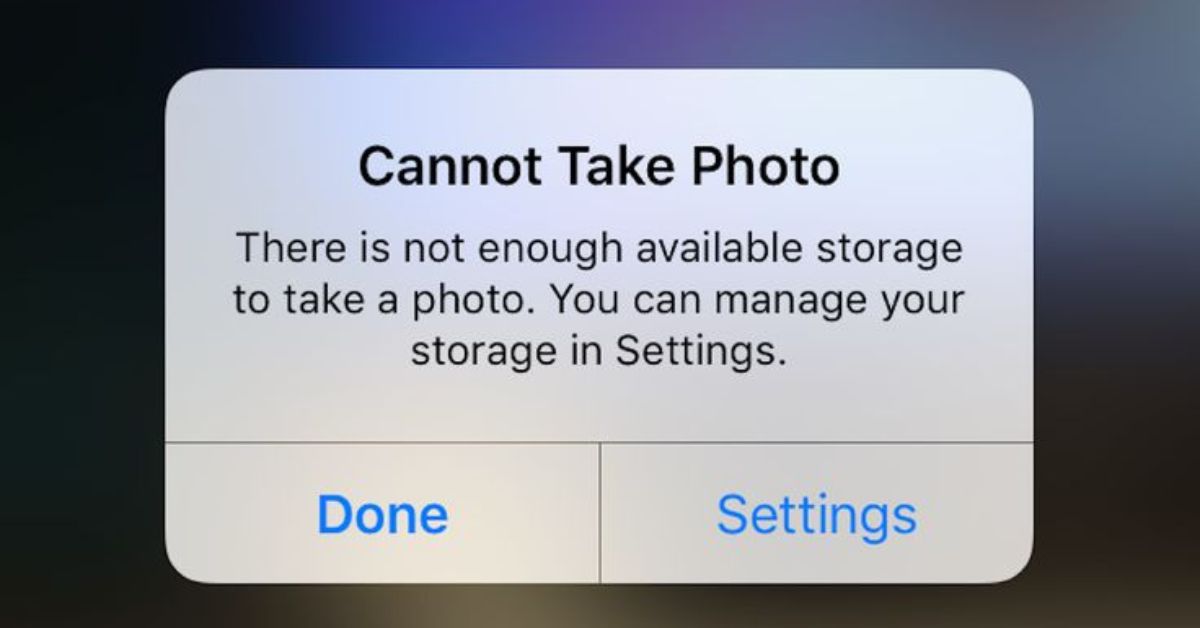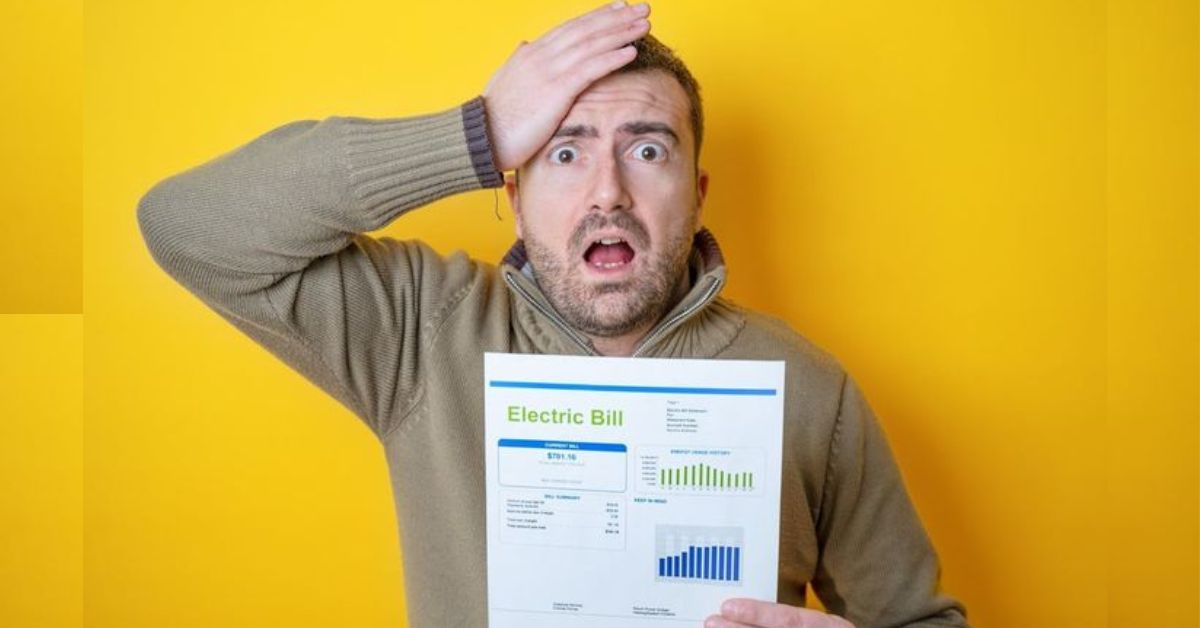President Donald Trump and the White House Wire have quietly shifted gears, steering clear of citing the Wall Street Journal in recent days. The change kicked in last month, right after the newspaper published a contentious story about Trump’s ties to Jeffrey Epstein. The move has raised eyebrows among political watchers, marking a noticeable break from the usual flow of news references. It all started when the Journal dropped a report that stirred the pot, and the administration hasn’t looked back since.
The story in question, released in mid-July, dug into allegations linking Trump to Epstein, the disgraced financier whose case continues to cast a long shadow. The White House Wire, a news digest run out of the administration, once regularly pulled from the Journal’s coverage. That’s no longer the case. At the same time, Trump’s own Truth Social posts have skipped over the outlet, a departure from his past habit of engaging with a wide range of media. For now, the silence speaks volumes, though no official explanation has surfaced.
This pivot comes as the Epstein saga keeps unfolding. The Journal’s article, which detailed a suggestive letter allegedly from Trump to Epstein, sparked a firestorm. Trump fired back with a lawsuit, calling the piece “fake” and targeting the paper’s leadership. In turn, the White House tightened its media circle, avoiding any mention of the Journal in its daily briefing notes. The shift suggests a deliberate choice, though the full reasoning stays under wraps. Moving forward, it’s unclear how long this pattern will hold.
The White House Wire, often a go-to for quick headlines, now leans on other sources like Fox News and Breitbart. Trump’s social media activity mirrors that trend, favoring outlets that align with his narrative. That said, the absence of WSJ citations isn’t total occasional indirect references might slip through but the direct nod is gone. This change coincides with heightened scrutiny over the Epstein files, a topic that’s kept Washington buzzing. In a statement last week, Press Secretary Karoline Leavitt dodged questions about the Journal, focusing instead on upcoming policy talks.
Here’s the rundown:
- Trump and the White House Wire stopped citing the WSJ last month.
- The shift followed a July Epstein story by the newspaper.
- Truth Social posts no longer reference the outlet directly.
The timing ties back to the lawsuit Trump filed against the Journal, seeking billions in damages over the Epstein report. The paper stood by its story, but the administration’s response was swift. White House aides have hinted at a broader review of media partnerships, though details are scarce. At the same time, some political insiders note this isn’t the first time Trump has distanced himself from a news outlet—past spats with CNN and The New York Times come to mind. In turn, this latest move feels like a calculated step amid the Epstein fallout.
The impact reaches beyond headlines. Lawmakers on Capitol Hill have picked up on the shift, with some Republican allies quietly supporting Trump’s stance while others urge a return to normal media engagement. The White House Wire’s curated list of sources now skips the Journal’s in-depth reporting, opting for briefer takes from friendlier platforms. For now, the administration seems content to let this play out, with no sign of a reversal on the horizon. Moving forward, the story could evolve as the Epstein case drags on, potentially forcing a rethink of media strategy.
This news comes from early reports tracking the administration’s media habits, a solid foundation for such developments. The narrative’s still unfolding, with each day bringing new angles to explore. For now, it’s a clear signal of tension between Trump’s team and one of the country’s top financial papers. Whether this lasts or fades depends on what’s next in the Epstein saga and beyond.
Author
-

Tyler Grayson brings global events to your screen with clarity, depth, and context. With a background in political science and international relations, Tyler covers diplomacy, global conflicts, climate issues, and major policy shifts with a balanced, facts-first approach. His reporting connects the dots between headlines and their real-world impact.







